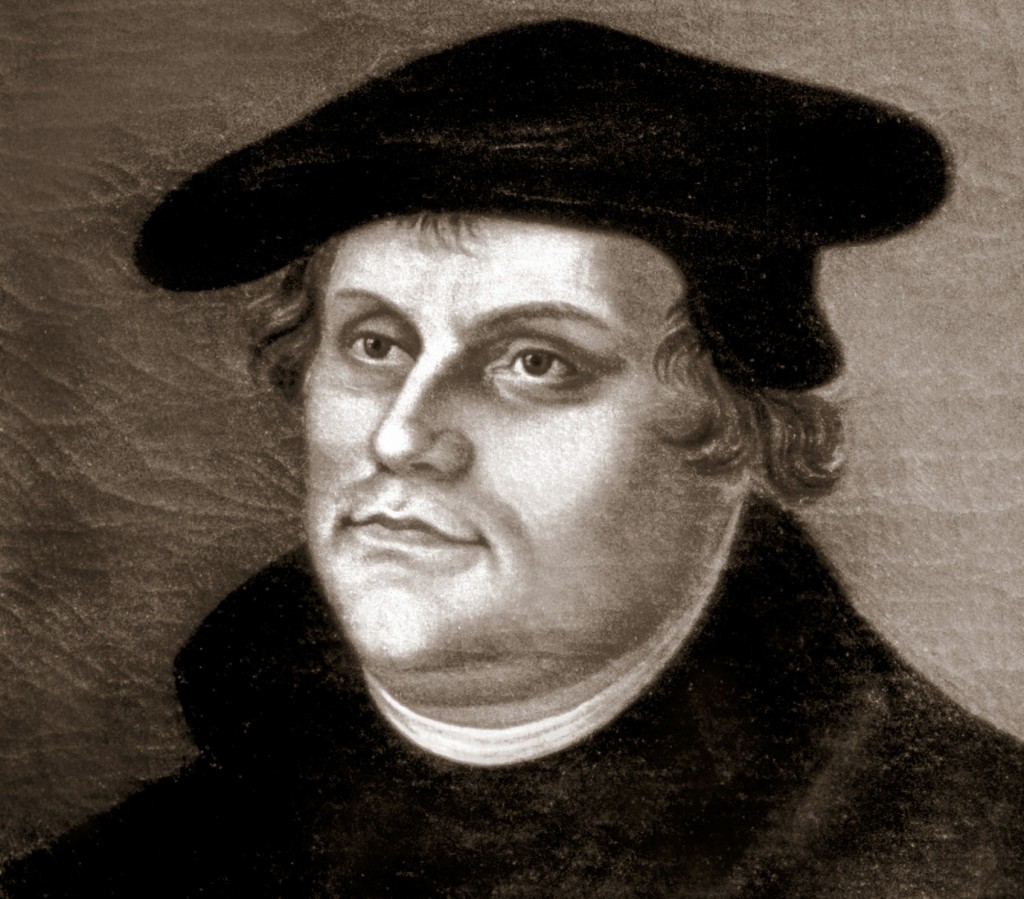
By Cindy Wooden
Joint Catholic-Lutheran commemorations of the 500th anniversary of the beginning of the Reformation must recognize the harm caused by the split in Western Christianity, the polemics that exacerbated differences and the progress made through 50 years of ecumenical dialogue, a new document said.
“From Conflict to Communion,” a document released June 17 by the Pontifical Council for Promoting Christian Unity and the Geneva-based Lutheran World Federation, outlined ideas for joint commemorations in 2017 of the publication of Martin Luther’s “95 Theses,” usually recognized as the beginning of the Reformation.
The 99-page document, written by the Lutheran-Roman Catholic Commission on Unity, looks at the central points of Luther’s call for the reform of the church, the points addressed later by the Council of Trent and, especially, the Second Vatican Council and issues that still divide Catholics and Lutherans.
“Luther had no intention of establishing a new church but was part of a broad and many-faceted desire for reform,” the document said. “In 2017, when Lutheran Christians celebrate the anniversary of the beginning of the Reformation, they are not thereby celebrating the division of the Western church. No one who is theologically responsible can celebrate the division of Christians from one another.”
Luther’s “95 Theses,” or “Disputation on the Efficacy and Power of Indulgences,” originally was an appendix to a letter to the local archbishop expressing concern about preaching and indulgences. In the document, Luther raised particular questions on preaching that urged Catholics to contribute money to church projects in exchange for indulgences.
In Catholic teaching, an indulgence is a remission of the temporal punishment due for sins.
Luther raised questions not only about the apparent “selling” of indulgences, but over the idea itself. He emphasized the absolute primacy of God’s action in freeing people from sin and making them just, and the total sufficiency of Christ’s death to expiate the sins of all.
The controversy “very quickly raised the question of which authorities one can call upon at a time of struggle,” the document said. That led Luther to emphasize the authority of Scripture while church leaders emphasized the role of church teaching and tradition in interpreting Scripture.
In the 16th century and later, the document said, “Catholics and Lutherans frequently not only misunderstood but also exaggerated and caricatured their opponents in order to make them look ridiculous.”
“What happened in the past cannot be changed, but what is remembered of the past and how it is remembered can, with the passage of time, indeed change,” the document said.
Especially since the Second Vatican Council and with 50 years of official theological dialogue, Catholics and Lutherans have come to a deeper understanding of Luther’s concerns, as well as to a recognition of the hostility and even political factors that pushed the two sides further apart.
Even more, the document said, the growing secularization of the West has convinced Catholics and Lutherans of the obligation to proclaim the Gospel together and they have drawn closer because of the experience of joint persecution — for example, under the Nazis –and of the daily experiences of Catholic-Lutheran families.
The official Catholic-Lutheran dialogue has focused on four key areas: justification, or how people are made righteous in the eyes of God; the Eucharist; ministry; and Scripture and tradition.
While differences still exist, the document said, “we have reached a stage in our ecumenical journey” where Catholics and Lutherans can explain together what happened in the 16th century and appreciate the sincere faith of the other.
The document concludes with “five ecumenical imperatives” for marking the 500th anniversary of the 95 Theses:
— Realizing that they share baptism into the one body of Christ, Catholics and Lutherans must strengthen what they hold in common even when “differences are more easily seen and experienced.”
— “Catholics and Lutherans need each other’s experience, encouragement and critique,” which will help both be transformed and come to a deeper understanding of Christ.
— “Catholics and Lutherans should again commit themselves to seek visible unity, to elaborate together what this means in concrete steps and to strive repeatedly toward this goal.”
— “Lutherans and Catholics should jointly rediscover the power of the Gospel of Jesus Christ for our time” and share it with others in a way that does not increase divisions or a sense of competition between their communities.
— “Catholics and Lutherans should witness together to the mercy of God in proclamation and service to the world,” recognizing that the credibility of Christians grows as their unity deepens. – CNS